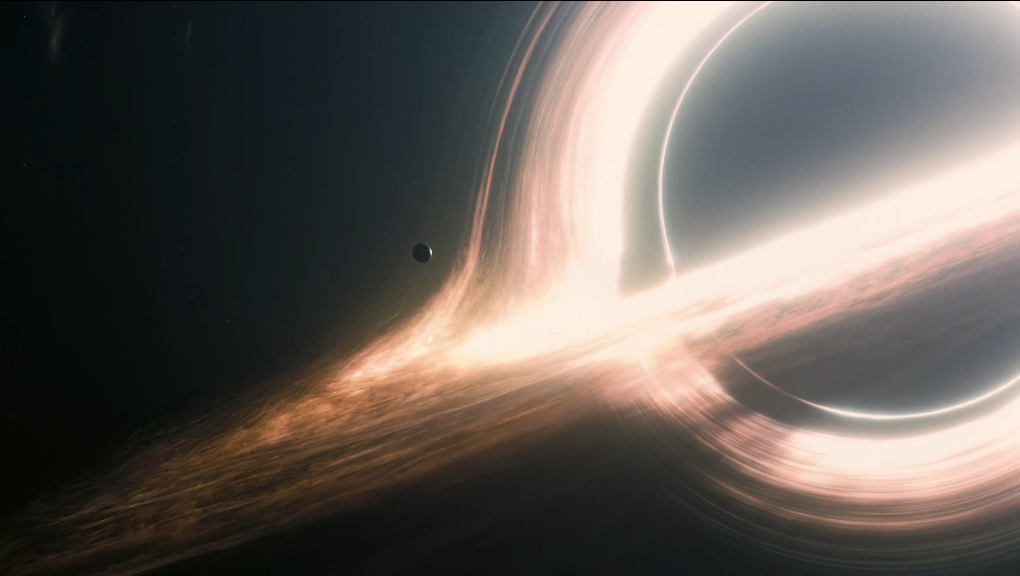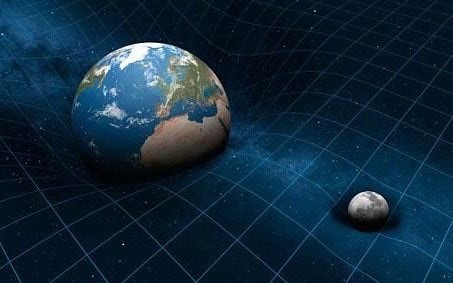IS GRAVITY SLOWING DOWN TIME?
By Charvi Jain
Ask anyone what gravity is and they’ll probably tell you the same thing: it’s a force, the most important force in our universe. A force that keeps everything working in harmony, the moon around the Earth, the Earth around the Sun and the Sun in our galaxy. Is it then possible that this force that is supposedly keeping everything in order, can warp and slow down time on distant planets?
Black hole from Interstellar
This is a theory that was focused in detail in the sci-fi movie Interstellar, which premiered in 2014, where one hour on a distant planet equal to seven years on Earth. Whilst the movie has been faulted for some scientific inaccuracies, many theoretical physicists around the world have confirmed that the central idea of time slowing down is very real and scientifically possible. In 1912, Albert Einstein predicted that gravity is the product of large astronomical objects, namely planets and stars, bending space-time. A simple visual to understand this concept is if you placed a heavy metal ball on a sheet of rubber. The sheet would bend and stretch out around the ball, and therefore be thinner around the ball. This demonstrates how time is stretched out around a planet, the closer it is to the planet, the more stretched out it is. Additionally, the larger and heavier the metal ball is, the more stretched out the rubber would become, indicating that larger bodies in space, namely planets and stars, have a greater slowing effect on time.
This phenomenon is known as gravitational time dilation. It was proven by the Pound-Rebka experiment which measured the redshift of light moving in a gravitational field, essentially testing the general relativity prediction that clocks run at different rates in different places of a gravitational field through use of specially designed timers. This is also why the clocks on satellites have to be readjusted to a different time to make up for this very slight lag in time, due to the fact that the clocks on earth and the clocks on the satellite are at different points in a gravitational field. On Earth, this gravity-time dilation effect is minimal, adding a few microseconds to each day. In fact, it has been proven that time is moving faster at the top of a skyscraper building as opposed to a basement by a very, very slight amount (fractions of microseconds). This shift in time is so minute due to Earth’s small size. However, around a black hole, time is bent so far that it almost halts entirely. It has been theoretically predicted using simulations that gravity is infinite at the centre of a blackhole, so in the fraction of a microsecond inside the blackhole, an entire eternity would pass outside the blackhole. If there were a way to survive within the centre of a blackhole, that in itself would be the sole key to living forever

